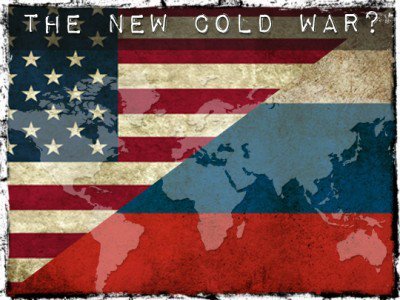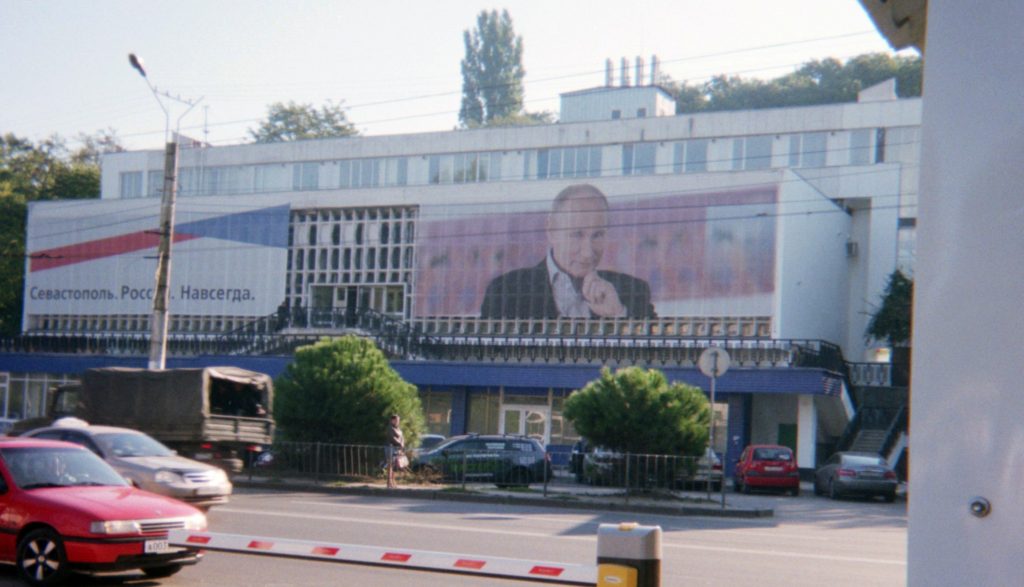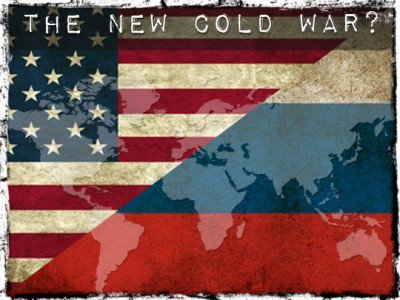
By Prof. Paul Robinson, Canadian Dimension, 11/28/22
November 28 marks the 200th birthday of Russian thinker Nikolai Danilevsky. Relatively unknown in the West, Danilevsky is extraordinarily influential in modern Russia, and understanding his ideas is essential to grasping the essence of the current political conflict between Russia and the West.
In the early 1990s, two theories of humanity’s future competed for the attention of those interested in international affairs. The first was Francis Fukuyama’s The End of History, which predicted that every country in the world was destined eventually to adopt the same social-economic and political system, namely Western-style liberalism. The second was Samuel Huntington’s Clash of Civilizations, which stated that rather than converging, the countries of the world were separating into distinct civilizational blocs.
To Russians, none of this was remotely new. For the Fukuyama-Huntington debate did little more than echo a long-standing argument that has been raging among Russian intellectuals since the infamous debate between the Westernizers and Slavophiles in the 1840s.
The Westernizers were Fukuyama-ists before Fukuyama. They had what academics like to call a “teleological” view of the world, considering that the iron laws of history dictated that all societies eventually converged on a common end (telos in Greek). For them, this end was synonymous with the West. As the mid-19th century liberal Russian thinker Konstantin Kavelin put it, “The difference [between the West and Russia] lies solely in the preceding historical facts; the aim, the task, the aspirations, the way forward are one and the same.”
The Slavophiles countered this argument by contending that Western civilization had peaked. Russia, by contrast, still had much to offer the world through its own unique, Orthodox, culture. Only by developing this uniqueness and avoiding assimilation into the West could Russia contribute to universal civilization.
Interestingly, this argument still viewed Russia and the West as connected. Russia, by protecting its Orthodox heritage, was seen as being able in due course to export it to the West and so save the latter from itself. Slavophilism did not reject the idea of a common future.
It is here that Danilevsky stepped in, making the decisive break with teleological thinking. A biologist by profession, he adopted an organic view of the world. Human civilizations, he maintained, were organic beings that were born, matured, and died. None could be said to constitute the “End of History.”
In his most famous work, entitled Russia and Europe, he outlined a theory that Russia and Western Europe were entirely distinct “cultural historical types.” Different cultural historical types, he said, developed in their own separate ways. In opposition to theories of cultural convergence, he compared the world to a town square from which different roads (i.e. different civilizations) moved out in different directions. Each cultural historical type was inherently distinct, and consequently it made no sense to try to force it to develop along the path of another.
Other Russians built on Danilevsky’s theory. Late nineteenth century philosopher Konstantin Leontyev, for instance, postulated that civilizational life cycles had three stages: primary simplicity, flowering complexity, and secondary simplicity (the period of decay). Flowering complexity represented the peak of development. On an international scale, this meant that one should avoid the alleged homogenization that would come with everybody adopting Western-style liberalism, and instead celebrate a multiplicity of different civilizational types. The “End of History” would quite literally be the end of human development, and was thus to be avoided.
Later, Eurasianist thinkers used geology, botany, linguistics, and other fields of study to try to provide a scientific basis for the idea that the space of the Russian empire and later the Soviet Union constituted a coherent entity distinct from those around it. Originally devised by Russian émigrés in the 1920s, Eurasianism crept into the Soviet Union in the Brezhnev era, influencing among others the ethnographer Lev Gumilyov. Gumilyov argued that ethnic groups (etnoi) were a natural phenomenon and that what suited one group did not suit another, although those with certain complementarities could form a superetnos. The superetnos that was the Soviet people was entirely different from the superetnos of the West and as such should develop entirely in its own separate way.
Since the collapse of the Soviet Union, civilizational thinking has become de rigueur in Russia. A study by San Francisco State University professor Andrei Tsygankov showed that the most cited Russian authors in Russian academic articles on topics of international relations were Danilevsky and Leontyev. The idea that civilizational differences are real and can be objectively determined is now widely accepted outside the very narrow circle of Russia’s few remaining liberals.
Russian President Vladimir Putin was rather late in coming round to this point of view. In the early 2000s he was a traditional Westernizer, speaking of Russia’s eventual integration into Europe. More recently, however, his tone has changed. Speaking to the Valdai Club at the end of October, he used the words “civilization,” “civilizations,” and “civilizational” some 20 times, and commented that “real democracy in a multipolar world is primarily about the ability of any nation—I emphasize—any society or civilization to follow its own path.”
To rub in the point, Putin mentioned Danilevsky and cited his statement that progress lies in “walking the field that represents humanity’s historical activity, walking in all directions,” adding that “no civilization can take pride in being the height of development.” Putin followed this by calling for a “free development of countries and peoples,” in which “primitive simplification and prohibition can be replaced with the flourishing complexity of culture and tradition.” Though Putin didn’t say it, the language was pure Leontyev.
Some commentators argue that the “New Cold War” between Russia and the West differs from the original in that lacks an ideological component similar to the conflict between communism and capitalism. Others maintain that there is such a component and that it consists of the struggle between democracy and autocracy. Putin’s speech shows that both points of view are wrong.
For the speech reveals a very coherent philosophy well founded in a specific Russian intellectual tradition with origins in Danilevsky. However, this philosophy has nothing to do with autocracy and democracy. In fact, the very essence of civilizational theory is that no system is inherently the best. Putin is not making any claims about how states should organize their internal affairs, let alone promoting autocracy versus democracy. He is, however, making a claim about how the world as a whole should operate, and contrasting the vision of a world converging around Western values and institutions with that of a world consisting of distinct civilizations each advancing towards their own unique destinations. The New Cold War does, therefore, have an ideological component but it’s very different from what most people in the West imagine it to be.
Only time will tell which vision of the world turns out to be accurate. But for now, the terms of the intellectual debate have been set. Two hundred years on, it is very much Danilevsky’s moment.
Paul Robinson is a professor in the Graduate School of Public and International Affairs at the University of Ottawa and a Senior Fellow at the Institute for Peace and Diplomacy. He is the author of numerous works on Russian and Soviet history, including Russian Conservatism, published by Northern Illinois University Press in 2019.


